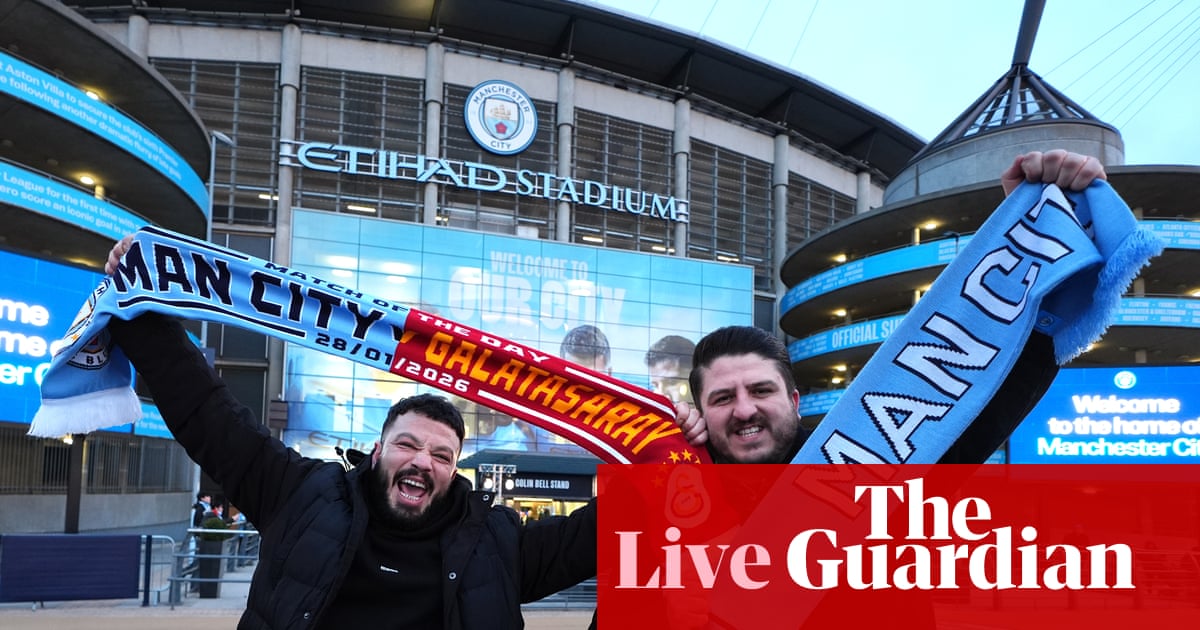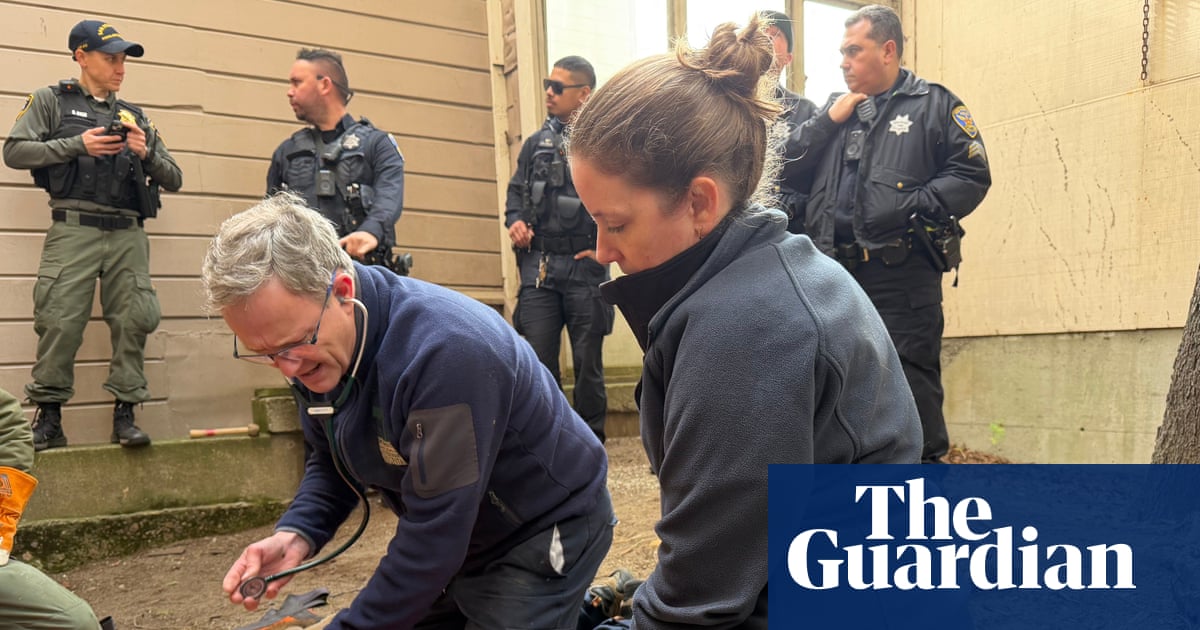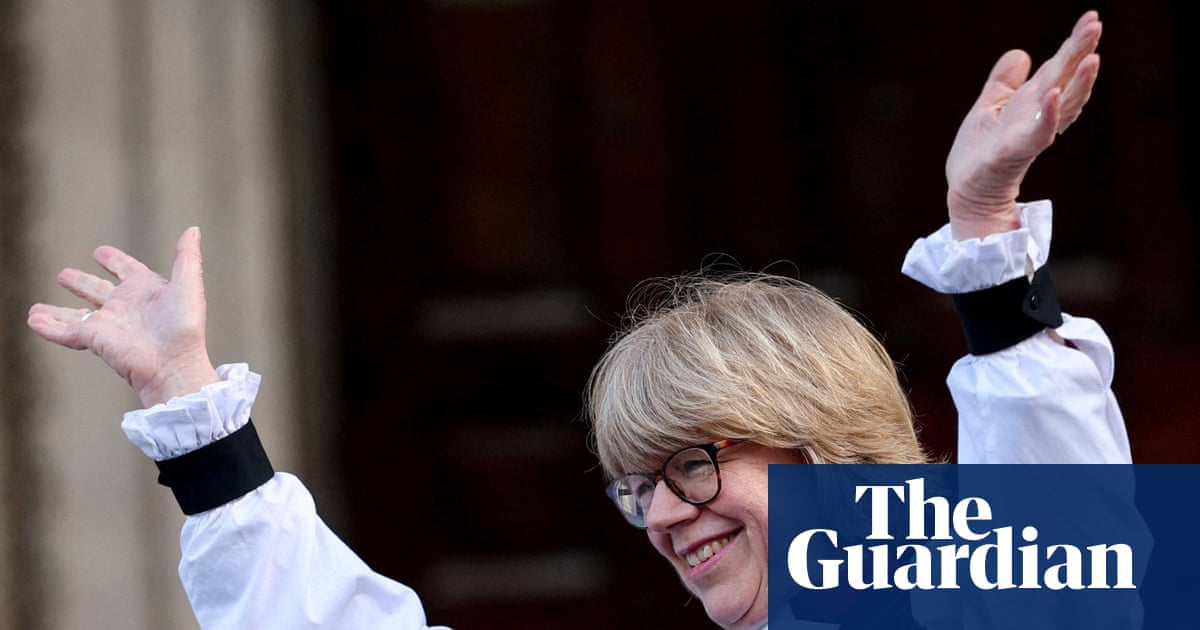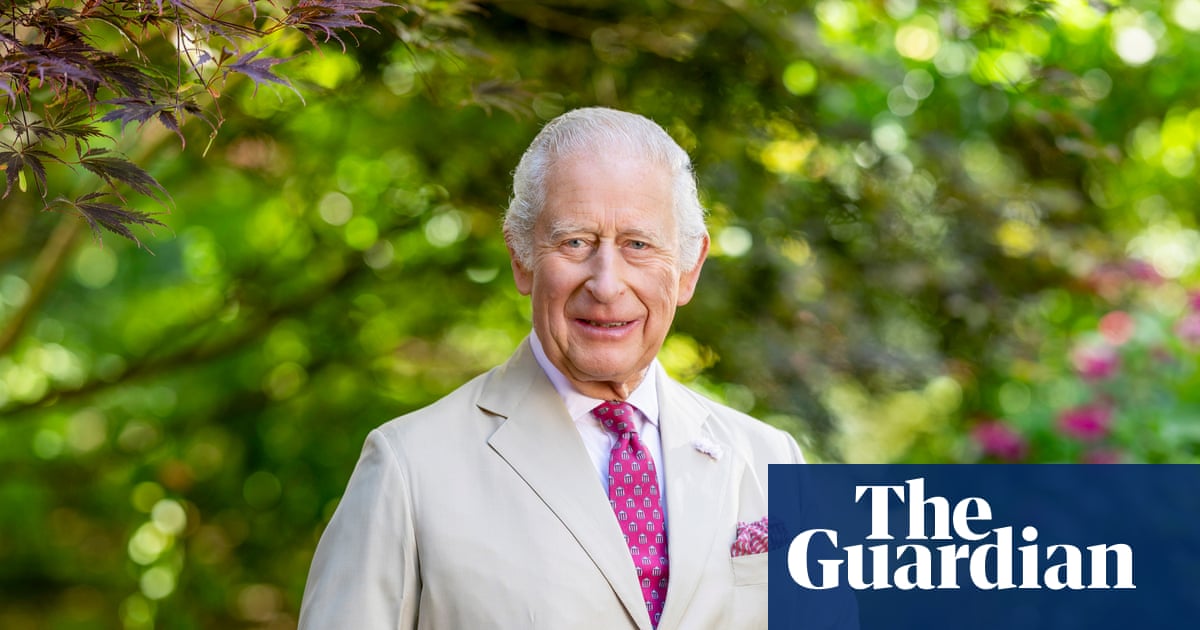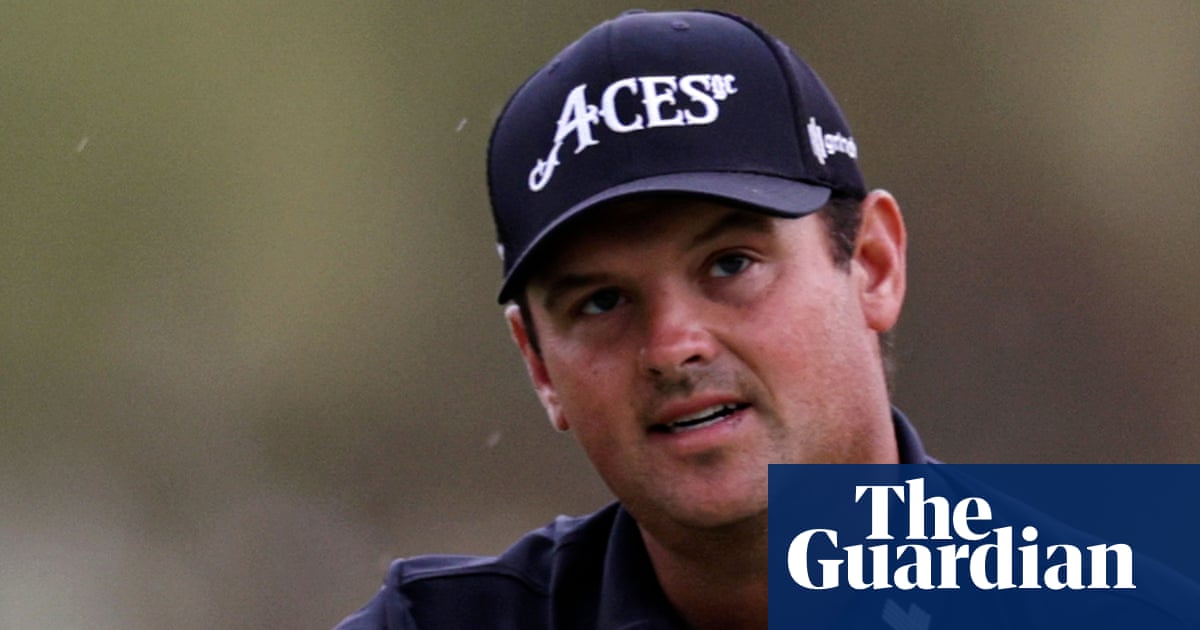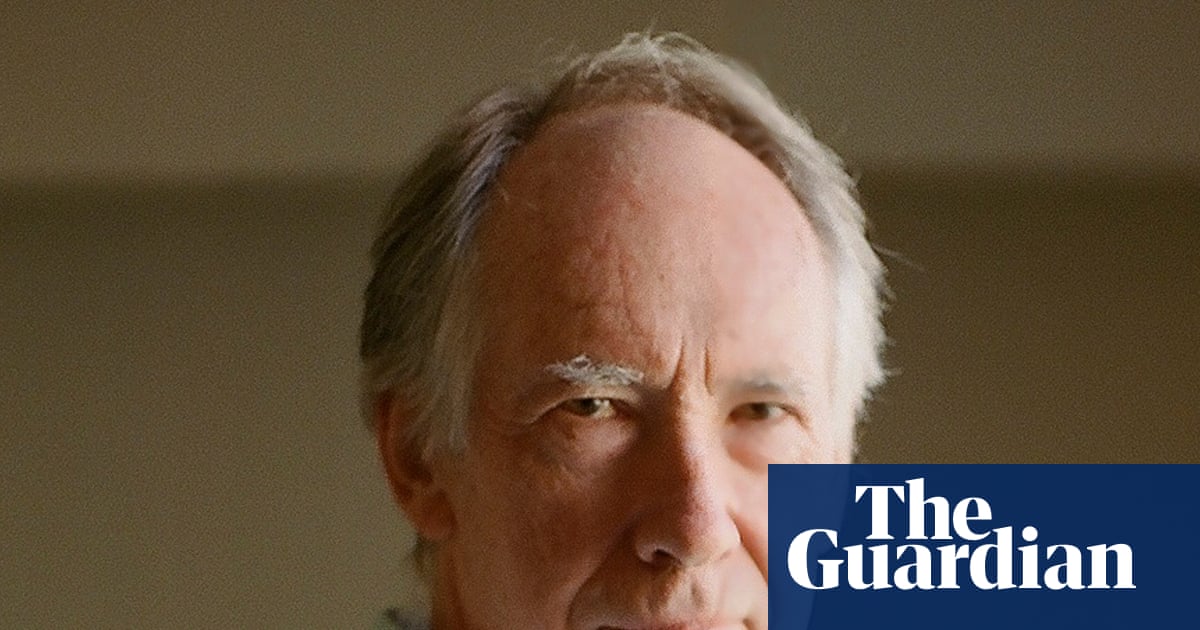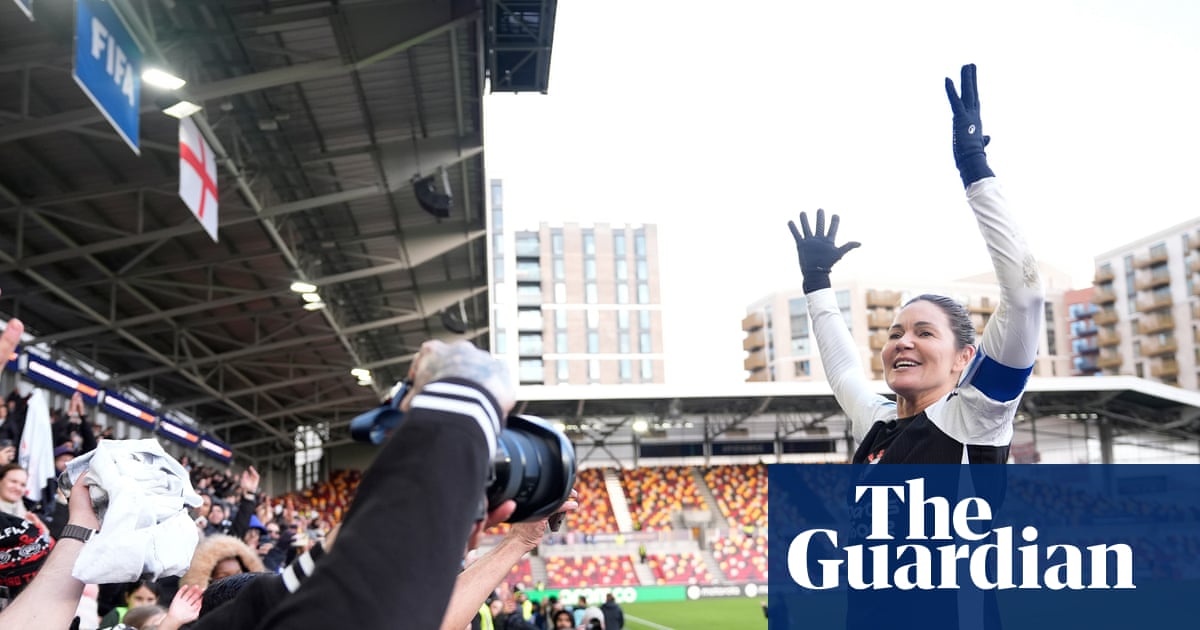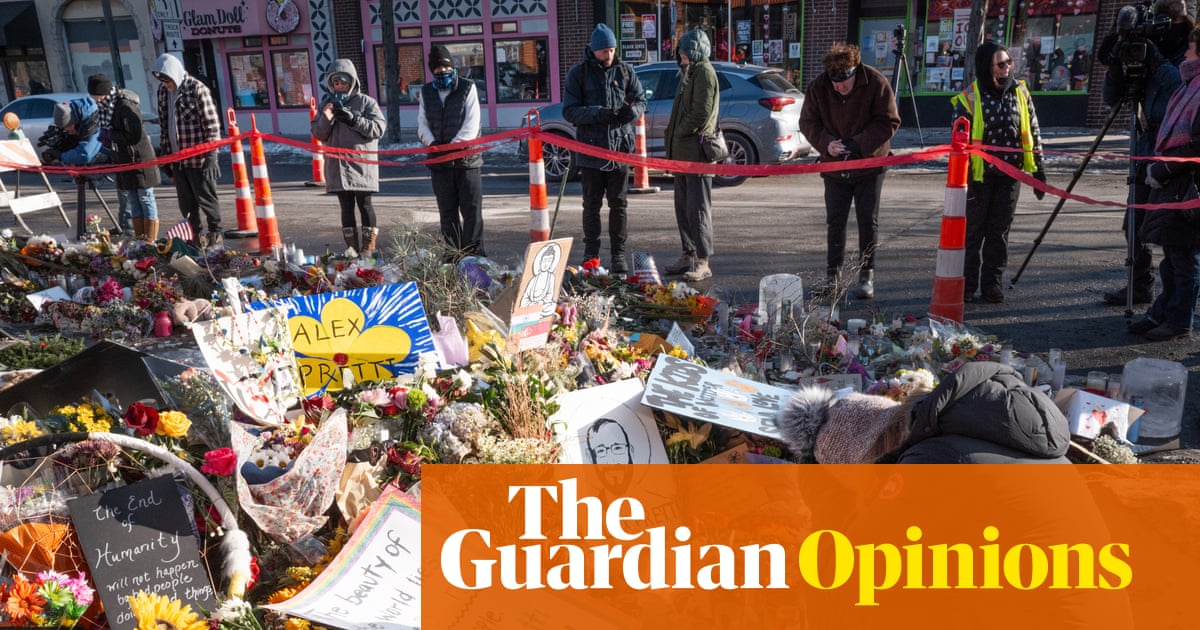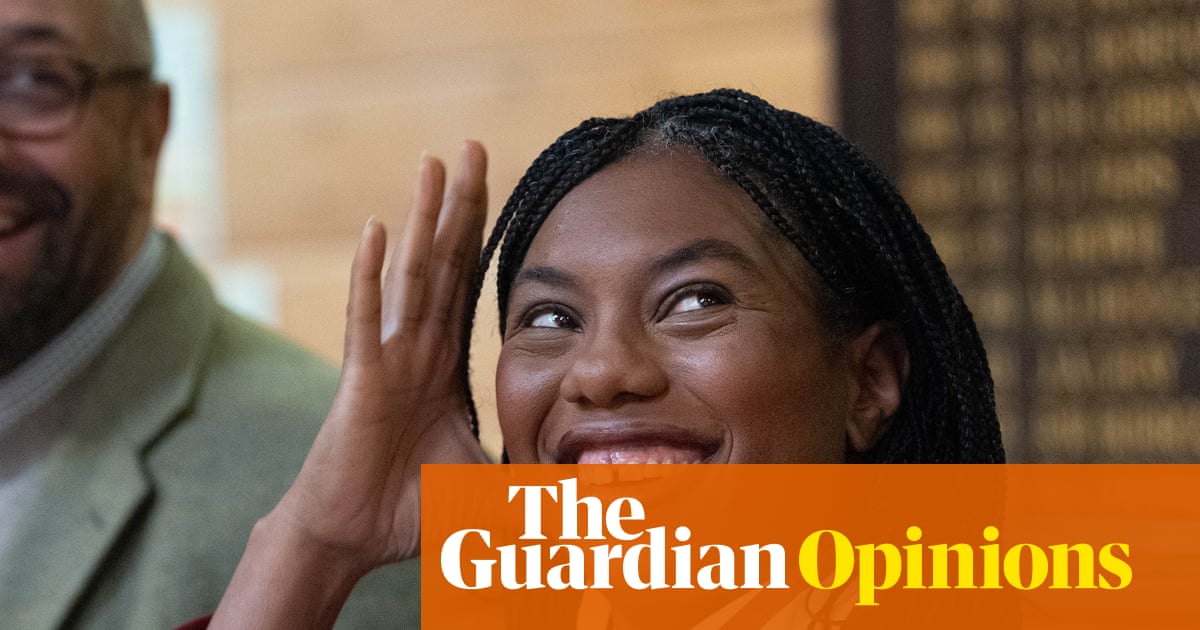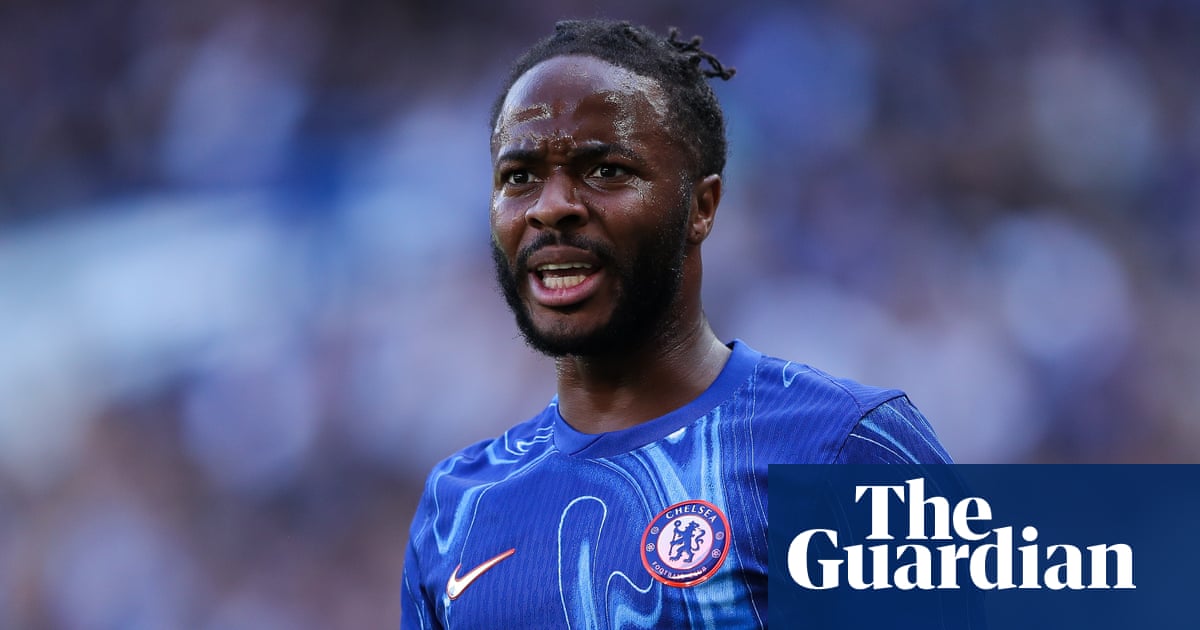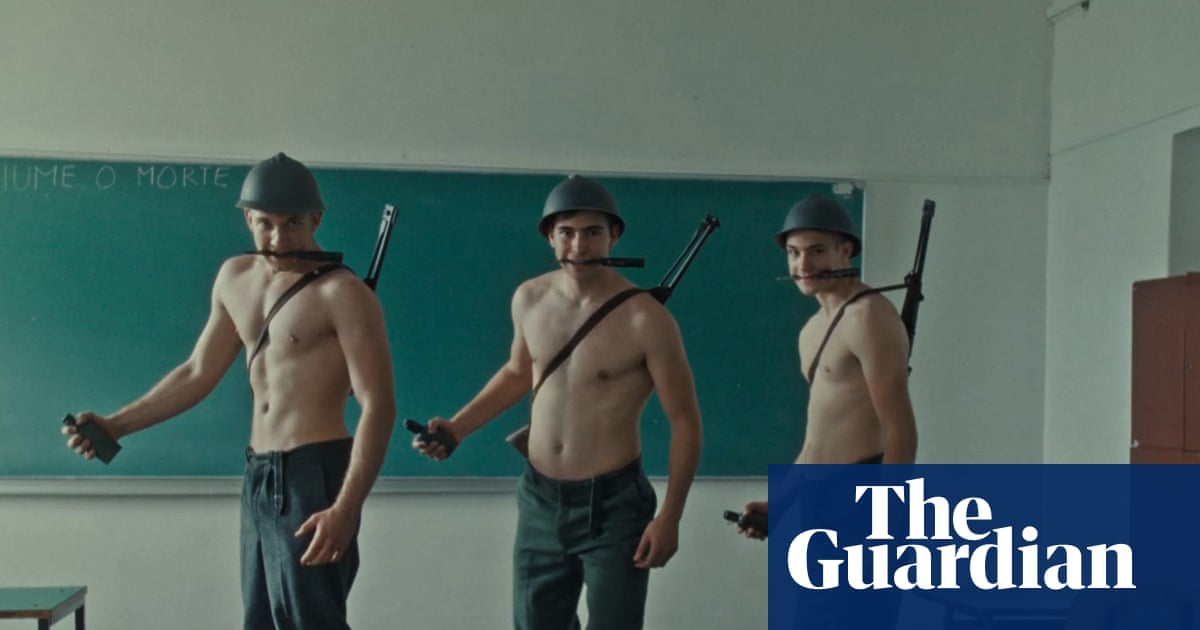Time is a precious commodity that has been in short supply for Sébastien Pocognoli. The precocious 38-year-old has not needed much of it to forge a reputation as one of the most promising young managers in the game, but he has had to maximise every second since joining Monaco as he plots a course through the chaos.
His first training session with his new players, last Tuesday, was a microcosm of the job at hand for the man who led Union Saint-Gilloise to their first Belgian title since 1935 last season. “In the first training session, there was too much intensity. It was pretty chaotic. I had to calm them down,” said Pocognoli, who nonetheless insists on “intensity” and set the tone himself, physically grappling with his new players as he took part in the drills as the sun set on the club’s performance centre in La Turbie.
Naturally, the players were eager to impress their new manager. Pocognoli’s arrival was something of a preemptive strike from Monaco. Thiago Scuro, the club’s CEO, noted that the season was “under control” when Adi Hütter was sacked during the international break. The Austrian had led Monaco to second and third-placed finishes in Ligue 1 and they were just three points behind the league leaders Paris Saint-Germain when he was dismissed, but performances had dipped.
Scuro said the club changed managers as they were “trying to anticipate” how things would unfold. “At the start of our season we didn’t have the same performances as in the two previous ones,” admitted Thilo Kehrer, who captained Monaco in Pocognoli’s first game in charge, a 1-1 draw against Angers on Saturday.
Pocognoli needs better results but also to achieve them through more convincing performances. The Belgian is not short of ideas but he is short on time to implement them. Krépin Diatta, who started against Angers, and Folarin Balogun, who came off the bench to score Monaco’s goal, only returned from international duty 24 hours before Pocognoli’s debut on the bench. Caio Henrique and Takumi Minamino, who set up the goal, only arrived a day earlier. During the new manager’s first training session, there were more assistant coaches than there were first-team players. It certainly counters the maxim that the international break is the best time to make a managerial change.
Nonetheless, Pocognoli did see evidence of his limited work over the weekend. “Maybe, from an external point of view, you didn’t see a lot of changes in the match against Angers. Personally, I saw lots of very good things,” he said. There is evolution, but there is a need for revolution and an increase in the speed of change. Part of the equation is improving the fitness of the squad. “There is a lot of physical work that we need to do if we want to implement the intensity and the style of play I want to bring,” says Pocognoli.
Results will also help. “To accelerate the process, we have to take points. We want to do that as quickly as possible, because then everything will make sense,” said Pocognoli, who, given his inexperience, is aware of a need to ensure buy-in from his new squad.
As Pocognoli recognises, there is a “different level of expectation” at Monaco than in his previous job at USG, his first as a manager, even if the “current context can shift the weight of those expectations”. That “context” isn’t simply the limited time on the training ground, but a swathe of injuries; it is a situation that he inherited, but one that has since worsened. Eric Dier is the latest victim. The Englishman will miss out on a reunion with his former club. “He was really upset with that,” said Pocognoli.
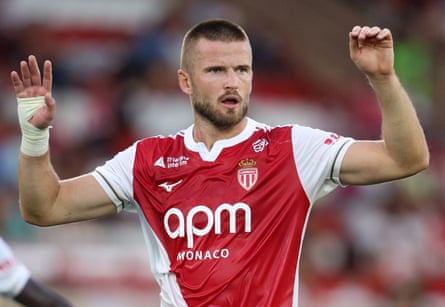
Pocognoli is also missing the goalkeeper Lukas Hradecky, centre-back Christian Mawissa, right-back Vanderson, and midfielders Lamine Camara and Denis Zakaria. And then there is Paul Pogba, who, despite training with the first team on Tuesday, is not yet ready to end his two-year hiatus. “He was smiling. He was enjoying it and interacting with the players. For me, this is the first step,” said Pocognoli, who does not foresee an imminent return for the Frenchman.
The summer recruitment of Dier, Pogba and Hradecky in particular aimed to bring leadership to a youthful squad. In their absence, other leaders are emerging. In Maghnes Akliouche, a player linked with Tottenham last summer, Pocognoli sees the potential for a leader. He is already a “technical leader”, as Pocognoli says, which is reflected in his status as a France international, but he lacks the vocal aspect. “That is something that I can improve on, and I am aware of that,” admitted Akliouche, who spoke alongside his new manager on Tuesday.
The young midfielder believes Monaco are capable of a result against Spurs. “We know we can do something,” said Akliouche, who said it was an “important” match. Given that Monaco only have one point after two Champions League games, time is of the essence. But Pocognoli doesn’t want to sound the alarm. “I don’t think you can talk about urgency in just the third game in the Champions League. The campaign is long,” he added, pointing out that USG qualified from last season’s Europa League group despite a slow start.
Pocognoli has come a long way since then. “I realise everything that is happening. I know it is all moving very quickly,” he said at his presentation. It has been a meteoric rise and one that led him to this baptism of fire: limited training time, an injury crisis, the implementation of a new playing style and system, and the forging of new leaders.
There is plenty on the agenda for the young manager. Monaco are renowned for forging the careers of young players and, in this frenzied, “chaotic” situation, a managerial career could be forged too.
This is an article by Get French Football News

 3 months ago
51
3 months ago
51

